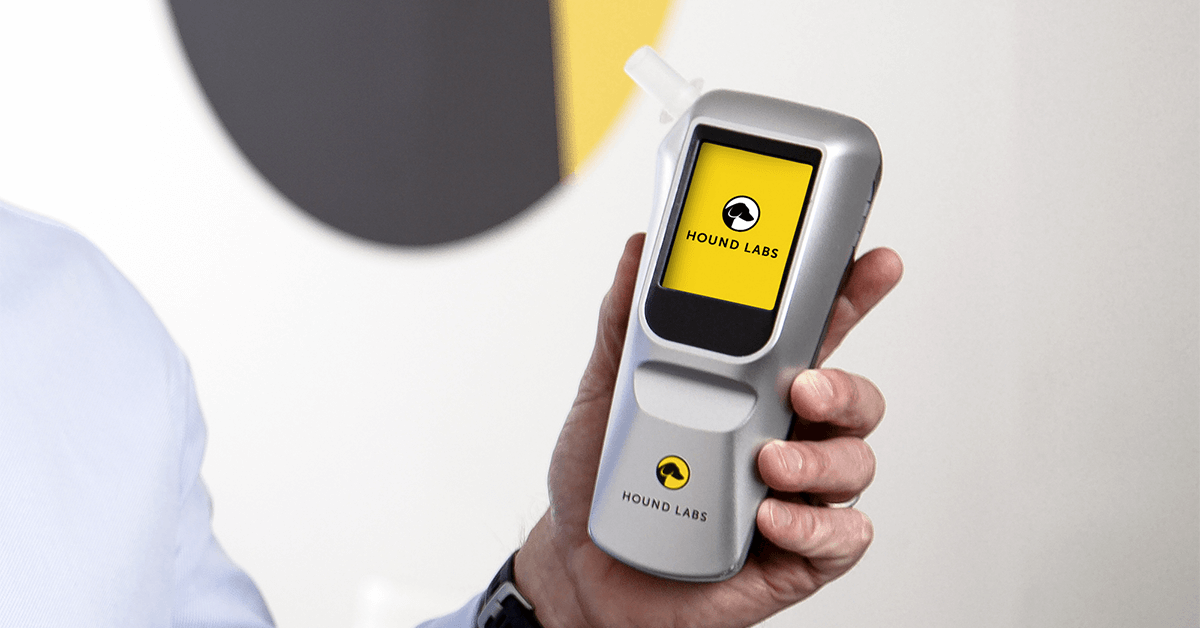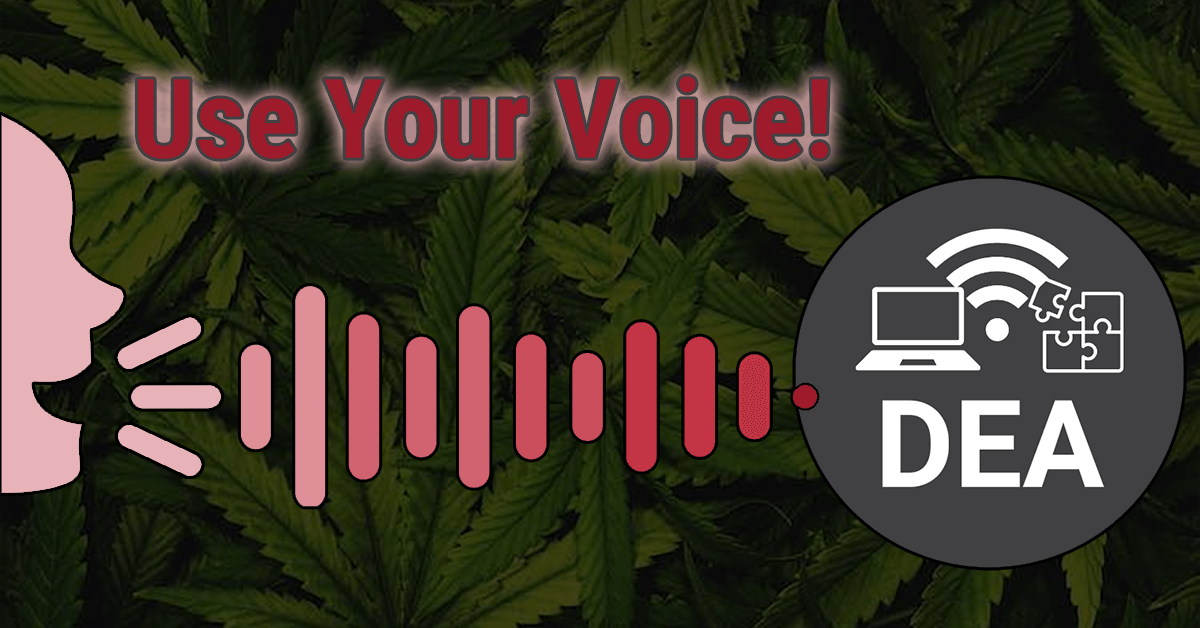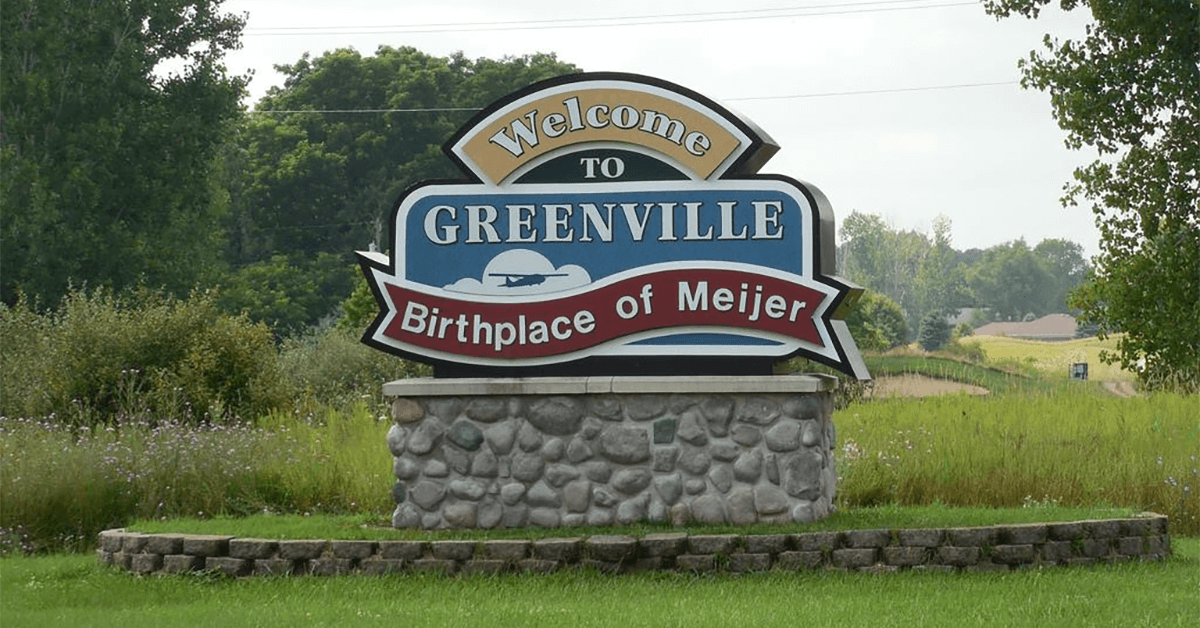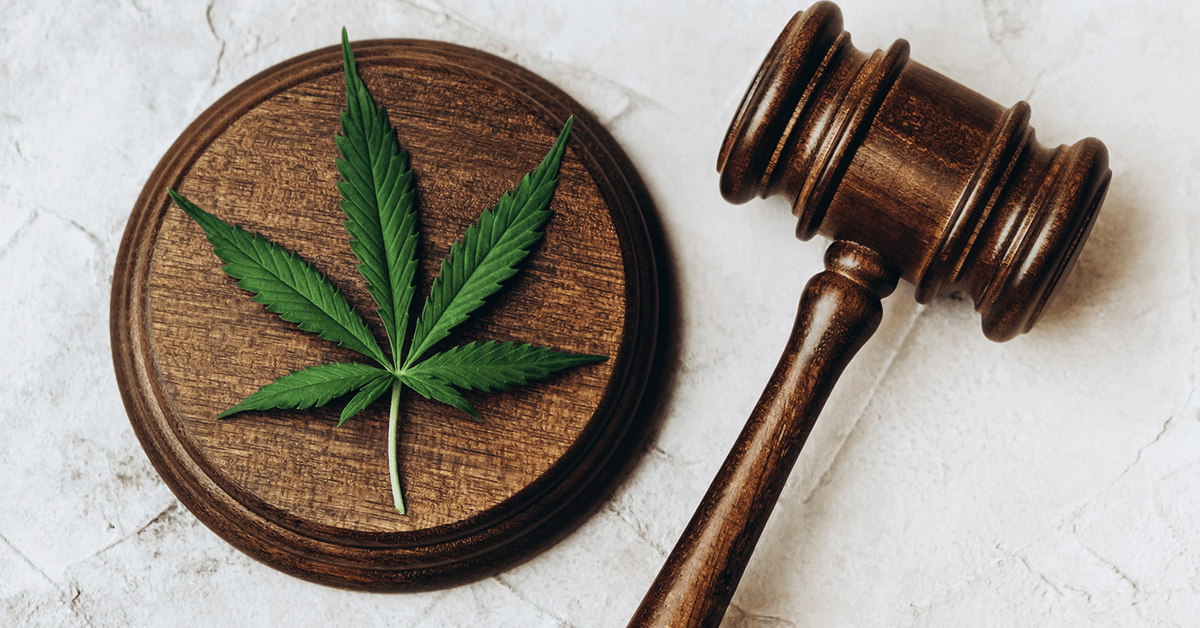High Times Seeks Michigan Judges for Cannabis Cup 2024

High Times is inviting Michiganders to become judges in this year's Cannabis Cup competition, giving residents the chance to determine which Michigan brands offer the best cannabis products. Participants can judge categories including flower, pre-rolled joints, concentrates, vaporizer pens, and cannabis-infused edibles.
Any adult can participate by purchasing a judging kit at local dispensaries this summer, which includes a backpack filled with cannabis products.
What's the deal?
The High Times Cannabis Cup, established in the late 1980s, is the premier competition for the best cannabis worldwide. First held in the U.S. in 2010, the contest has grown alongside the legalization of cannabis, evolving into state-specific competitions.
How does it work?
This summer, Michigan's top cannabis companies are entering a variety of products to be judged in categories like best edibles, best indica, sativa, and hybrid flower, best infused and non-infused pre-rolled joints, best solvent and solventless concentrates, and best distillate and non-distillate vaporizer pens and cartridges.
How do I participate?
Mark your calendars for August 9th, when judging kits become available at dispensaries across Michigan. These kits, essentially backpacks filled with cannabis products, allow participants to review about a dozen different items.
Thousands of kits will be available at participating Michigan dispensaries, with prices varying by category. Pre-rolled joints are typically the most affordable at around $100, while solventless concentrates can cost up to $300.
Although the official list of categories, prices, and participating dispensaries hasn't been released, House of Dank, the lead sponsor this year, will likely have kits available at all 11 of its Michigan locations.
What should I expect?
The Cannabis Cup is not just a contest but a celebration of cannabis culture. Each year, a diverse group of enthusiasts, growers, and industry professionals gathers to showcase and sample Michigan's finest cannabis, collectively determining which products excel in quality, flavor, and potency.
High Times will tally scores in October and announce the winners in November.
This year's competition focuses exclusively on recreational products, with no separate categories for medical marijuana.
Want to learn more?
Aspiring judges should follow High Times' social media pages for updates on how to obtain a judging kit. More information will be released in the coming weeks.
Michigan Employers and Medical Centers Adopt New Cannabis Breathalyzer

A new breathalyzer designed to detect recent cannabis use is being implemented by employers and offered at medical centers across Michigan. Developed by California-based Hound Labs Inc., this device is among the first to distinguish recent cannabis use from long-term usage.
"Our product aims to deter workday cannabis use," stated Tamanna Prashar, COO of Hound Labs, in an interview with the Detroit Free Press. "Unlike other tests that target habitual users, our breathalyzer ensures that individuals are not unfairly penalized for personal cannabis use outside of work hours."
Changes in Drug Testing Policies
Michigan employers have been revising their drug testing policies over the past few decades, particularly since the legalization of medical marijuana in 2008 and recreational cannabis in 2018. Recently, some companies have stopped testing new hires for marijuana to avoid missing out on talent in a competitive job market.
A significant challenge in marijuana testing has been the absence of a reliable method to detect recent use. Traditional drug tests using urine, saliva, and hair can detect THC for extended periods, but do not indicate current impairment. Despite this, the positivity rate for cannabis in the Michigan workforce has been rising, reaching 5.8% last year compared to 3.1% for the general U.S. workforce, according to data from Quest Diagnostics. This rate has steadily increased from 3.9% in 2019 to 5.2% in 2022.
The Role of Hound Labs' Breathalyzer
Prashar emphasized the importance of Hound Labs' device in the context of these rising positivity rates. "Michigan is crucial for us due to its significant manufacturing sector and the associated workplace safety requirements," she said.
Currently, there are over 25 Hound Labs breathalyzer devices in Michigan and about 120 nationwide. The tests are also available at all 19 Concentra medical centers in Michigan, including locations in Detroit, Warren, Southfield, Troy, and Allen Park. These tests can be used for pre-employment screenings, random tests, reasonable suspicion, and post-accident testing.
Prashar underscored the company's commitment to fair testing. "Laws and policies are evolving, but our core mission is to deter cannabis use during work hours and ensure employees are given the benefit of the doubt," she said.
How the Cannabis Breathalyzer Works
The testing process involves the donor breathing into a mouthpiece for about two minutes, similar to an alcohol breathalyzer. The breath sample is then preserved in a cartridge and sent to Quest Diagnostics. Negative results are typically returned within 24 hours, while non-negative results take between 72-96 hours.
New technology is expected to be released later this year or early next year, providing results within 30 minutes. Certified collectors from Hound Labs will administer these tests on-site, enhancing the efficiency and convenience of the process.
Voice Your Support: DEA Public Comment Period on Cannabis Legalization

The DEA is currently accepting public comments for two more weeks regarding cannabis legalization. Despite an estimated 70% of American voters supporting the legalization of cannabis for recreational use by individuals 21 and older, the DEA has received only 27,000 comments, far from a representative sample of public opinion.
Why Your Voice Matters
Cannabis Legalization and Rescheduling
This is a critical time to support the legalization and rescheduling of cannabis. A greater number of public comments are needed to accurately reflect the public's interest in this issue.
Economic Impacts
Legalizing and regulating cannabis can create jobs, generate tax revenue, and stimulate economic growth.
Criminal Justice Reform
Legalization can reduce incarceration rates for non-violent drug offenses and help expunge records for past cannabis-related convictions. This would save government resources and focus on more serious issues such as drug trafficking, while also restoring individual freedoms.
Medical Benefits
Many patients rely on cannabis for medical treatments. Rescheduling can enhance research opportunities and improve accessibility. Cannabis contains a variety of natural cannabinoids with medical potential beyond THC and CBD, including some that are non-psychoactive.
Public Health and Safety
Regulation ensures product safety and quality, protecting consumers from harmful substances and impurities. This can lead to a better understanding of the long-term effects of cannabis use.
Preventing Harmful Practices
Advocate for safer production practices. While some safety measures are in place, such as child-proof packaging and lab test results on labels, there is no framework to prevent harmful practices similar to those seen in the tobacco and alcohol industries.
- Tobacco: Cigarette manufacturers add over 600 chemicals to tobacco to "improve the experience," making cigarettes more harmful and addictive. Similar practices could affect cannabis if preventative measures are not implemented.
- Alcohol: Alcohol products often lack nutrition labels and fail to disclose adverse health effects. This issue could also affect cannabis products, including flower and edibles.
Additional Advocacy Opportunities
Psychedelics
Advocate for the legalization and decriminalization of other substances, such as psychedelics, which have been unfairly demonized and criminalized. Some psychedelics, like psilocybin mushrooms, could be legal for recreational use, while others, like LSD, MDMA, mescaline, and ibogaine, have significant medicinal value.
Tobacco and Alcohol Regulations
Advocate for stricter regulations on cigarettes, such as child-proof packaging, lab test results, and limits on additives. Similarly, push for alcohol products to improve transparency and safety measures.
Consistent Regulations Across Substances
Advocate for consistent regulations across all substances. Flavored cannabis and tobacco products are often targeted for appealing to children, yet similar marketing tactics are prevalent in alcohol products. Consistent standards can address these inconsistencies. Currently, products like SunnyD vodka and Voltron beer are available on shelves, while clove cigarettes and flavored vapes are banned.
Participate in the DEA's public comment period, contact your representatives and congresspeople, and encourage others to do the same. Act now to ensure your voice is heard before the deadline! Please share this information.
Important Links
- DEA Comment Page
- Contact US Congress Senators
- Debbie Stabenow (D) of Lansing
- Gary C. Peters (D) of Bloomfield Hills
- Find Your State Representatives
Need help figuring out what to say? Use these customizable boilerplates to effectively voice your support.
Submit this template to the DEA comment form to express your support for cannabis rescheduling. Replace [Your Name] with your own name to ensure your voice is heard in this important discussion.
To Whom It May Concern,
I am writing to express my strong support for the rescheduling of cannabis. This policy change is essential for several key reasons:
- Economic Benefits: Legalization and regulation of cannabis can drive job creation, generate tax revenue, and stimulate economic growth.
- Criminal Justice Reform: Reducing incarceration rates for non-violent drug offenses and expunging past cannabis-related convictions will save government resources and restore individual freedoms.
- Medical Benefits: Many patients depend on cannabis for medical treatments. Rescheduling will enhance research opportunities and accessibility, helping unlock the therapeutic potential of various cannabinoids beyond THC and CBD, including non-psychoactive compounds.
- Public Health and Safety: Regulatory measures ensure product safety and quality, protecting consumers from harmful substances and impurities, and promoting a better understanding of the long-term effects of cannabis use.
- Preventing Harmful Practices: A robust regulatory framework can prevent harmful practices seen in other industries, such as the addition of harmful chemicals in tobacco or the lack of transparency in alcohol products.
Furthermore, I advocate for the consistent regulation of all substances, ensuring fair and uniform standards across cannabis, tobacco, and alcohol products. This approach will address market inconsistencies and promote fairness.
With overwhelming public support for cannabis legalization, it is crucial that our voices are heard in this process. Thank you for considering my perspective.
Sincerely,
[Your Name]
Use this template to convey your support for rescheduling cannabis to your representatives. Make sure to personalize it by changing [Recipient's Name], [Your Name], [Your Address], [City, State, ZIP Code], and [Email Address] with your own information.
Dear [Recipient's Name],
I am writing to express my strong support for the rescheduling of cannabis. As a concerned citizen, I believe this change is crucial for several important reasons:
- Economic Benefits: Legalizing and regulating cannabis will create jobs, generate tax revenue, and stimulate economic growth. This can provide much-needed financial support to our communities.
- Criminal Justice Reform: Legalization will reduce incarceration rates for non-violent drug offenses and help expunge records for past cannabis-related convictions. This will save government resources and allow law enforcement to focus on more serious issues, while also restoring the freedoms of many individuals.
- Medical Benefits: Many patients rely on cannabis for medical treatments. Rescheduling will improve research opportunities and accessibility, allowing for the exploration of the therapeutic potential of various cannabinoids beyond THC and CBD, including non-psychoactive compounds.
- Public Health and Safety: Regulation ensures product safety and quality, protecting consumers from harmful substances and impurities. This can lead to a better understanding of the long-term effects of cannabis use and promote responsible consumption.
- Preventing Harmful Practices: Implementing a robust regulatory framework will prevent harmful practices seen in other industries, such as the addition of harmful chemicals in tobacco or the lack of transparency in alcohol products.
Additionally, I urge you to consider advocating for the consistent regulation of all substances, ensuring that the same standards are applied to cannabis, tobacco, and alcohol products. This will address inconsistencies and promote fairness in the market.
This is a pivotal moment for cannabis policy, and public support is overwhelmingly in favor of legalization. I hope that my voice, along with the voices of many others, will be heard and considered in this decision-making process.
Thank you for your attention to this important issue.
Sincerely,
[Your Name]
[Your Address]
[City, State, ZIP Code]
[Email Address]
Greenville Moves Toward Legalizing Recreational Cannabis Sales

The Greenville City Council is poised to make a significant decision regarding the retail sale of recreational cannabis. Following a unanimous vote by the Greenville Planning Commission on June 27th, the Council will consider adopting an ordinance that would legalize and regulate cannabis retail establishments within the city.
The proposed ordinance aims to amend Sections 46-1 and 46-167 of Chapter 46 in the Greenville Code of Ordinances. These changes are designed to set clear guidelines for the operation of recreational cannabis retailers, ensuring that these businesses comply with local zoning regulations.
Should the ordinance receive approval during the City Council meeting on July 13th, recreational cannabis sales could commence as early as August. This move would position Greenville to join a growing number of municipalities across the state that have embraced the regulated sale of cannabis, reflecting shifting public attitudes and the potential economic benefits of this emerging market.
The planning commission's decision to recommend the ordinance highlights the city's proactive approach to integrating cannabis businesses into the local economy, while also addressing community standards and regulatory needs.
Residents and stakeholders are encouraged to participate in the upcoming public hearings, where they will have the opportunity to express their views on the proposed ordinance before the council reaches a final decision.
Federal Lawsuit Filed Against 305 Farms for Unpaid Employee Wages

Fourteen former employees of 305 Farms have initiated a federal lawsuit against the West Michigan cannabis company, alleging that they were not paid thousands of dollars in wages and that deductions for benefits were taken without being provided.
Robert Lusk, the attorney representing the former employees, filed the lawsuit on Tuesday in the U.S. District Court for the Western District of Michigan. He stated, "Apparently, they ran out of money and thought it was appropriate to withhold wages until they got themselves reorganized."
Jan Verleur, a partner in The Verleur Group, a Miami-based venture capital firm controlling 305 Brands, acknowledged that the company fell behind on employee payments following a "catastrophic harvest failure." This failure was reportedly due to a defective HVAC system at their cultivation facility in Lawrence, located about 30 miles west of Kalamazoo. Verleur emphasized that the company is collaborating with the Michigan Department of Labor and Economic Growth to resolve the unpaid wages issue and anticipates making the final $35,000 in payments later this month.
"Our intention is to ensure that anyone who was employed with us is compensated," Verleur stated.
The state Department of Labor and Economic Growth did not respond to requests for information regarding the case.
Lusk noted that the deadline for his clients to receive their wages had already passed.
305 Farms began operations in March 2022, with plans to become Michigan's largest single-site indoor cannabis cultivation campus, licensed to grow up to 80,000 plants. However, General Manager D.J. Howley explained that the company was misled about the HVAC system specifications, leading to significant operational issues.
According to Howley, the company spent much of the past year diagnosing and attempting to rectify the HVAC problems. Verleur reported a loss of $1.7 million in potential revenue between November and February, contributing to a significant staff reduction.
In February, the company held several meetings to inform employees about the financial difficulties. Jacqueline Morgan, a security guard, chose to stay despite the delayed payments because she believed in the company's future. "We were all given the opportunity to seek other employment or take a leave of absence. Once everything was resolved, we could return without any issues, at the same pay and benefits," Morgan said.
Verleur noted that the company's financial situation has improved in recent months. "We've been paying down debts and making corrections. We are also in the process of recapitalizing, both through equity and exploring mortgage options on the farm to support our growth trajectory," he said, highlighting the $45 million invested by shareholders. "We are here to stay."
However, Lusk criticized the company's handling of the situation. "Their approach seems to assume that one of their choices is to do something illegal, which is not paying people for the work they do. It's just not an option," Lusk asserted.
Michigan Proposes Unified Cannabis Licensing System, Merging Recreational and Medical

Bi-partisan legislation introduced in Michigan seeks to streamline the state's cannabis laws by merging regulations for the adult-use and medical cannabis industries. This reform initiative aims to address the complications and burdens posed by the current dual regulatory system, which has been described as cumbersome for both businesses and the state's Cannabis Regulatory Agency (CRA).
The proposed legislation would repeal the state's 2016 Medical Marihuana Facilities Licensing Act, simplifying the regulatory framework for cannabis operations. Currently, cannabis businesses must renew both a medical and a recreational license annually to grow, process, transport, or sell cannabis products. The new legislation proposes a unified licensing system, which would require only one license per activity under the state's cannabis legalization law. Importantly, the proposed changes will not affect the existing system for medical cannabis patients and caregivers established under the state's 2008 medical cannabis law.
State Representative Graham Filler (R-St. Johns), a co-sponsor of the bill, emphasized the benefits of this streamlined approach. "Streamlining and simplifying these laws is a win for everyone involved – from businesses to patients to regulators," Filler stated. He highlighted the obsolescence of the dual licensing system, noting that recreational use now dominates the market, accounting for approximately 99% of cannabis sales in the state.
Representative Jimmie Wilson, Jr. (D), another co-sponsor, expressed optimism about the proposal's potential to enhance Michigan's appeal to cannabis businesses. "This is about making Michigan an attractive and stable place for marijuana businesses to thrive," Wilson said. "A single, cohesive regulatory framework will support our growing economy, ensure the safety and quality of marijuana products, and maintain access for medical marijuana patients. This is a forward-thinking approach that positions Michigan as a leader in the industry."
Under the new system, the changes would take effect in March 2026. Existing medical licenses that have not expired by this date will be converted to a new, generic title; for example, provisioning centers would be reclassified as "marihuana retailers." The legislation also allows local governments the opportunity to block medical marijuana dispensaries from expanding their operations if they act before the March 2026 deadline.
This legislative effort follows a previous attempt in 2021 to reform Michigan's cannabis regulations, which faced significant opposition from home caregivers. Learning from past challenges, Filler noted that the current proposal is more focused and has been developed in consultation with industry stakeholders. "In this one, the industry's actually going to benefit. It's going to be streamlined. So why would they push back on something that's kind of a down-the-middle bipartisan push?" he said.
However, the legislation could encounter two major hurdles: the legislative calendar and the requirement for a supermajority vote. With lawmakers on their summer break and the November general election approaching, there is limited time to address substantial legislative changes. Additionally, because the legislation seeks to amend laws enacted through voter initiatives, it requires a three-fourths supermajority vote to pass both chambers of the Legislature.
Despite these challenges, Filler remains confident. "I think I'll be okay in the Republican caucus because I think words like modernization and efficiency, and cutting the red tape, streamlining the process … that's how we speak, that's what we think about," he said.
The bills were referred to the House Regulatory Reform Committee on June 27th.


 Helpful Links
Helpful Links